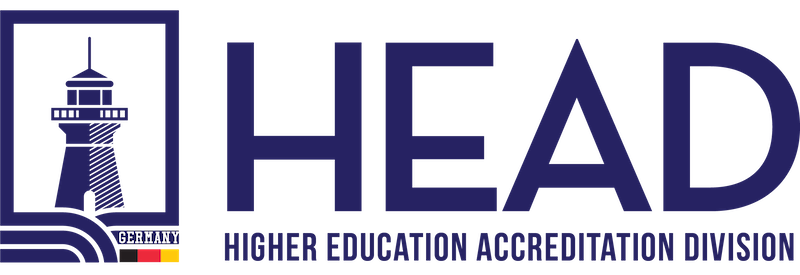Fulfilling Requirements: Engaging Interested Parties in University Management Systems

In the realm of higher education, universities and educational institutions play a pivotal role in providing quality education and shaping the future of students. To ensure consistent and sustainable provision of educational products and services, it is essential for universities to identify and engage with relevant interested parties. By doing so, universities can better understand their stakeholders’ needs, expectations, and concerns, and tailor their management systems accordingly. This article explores how universities and higher education providers can fulfill these requirements and establish effective engagement with interested parties.
Identification and Analysis:
The first step for universities is to conduct a comprehensive analysis to identify the interested parties that significantly impact or have the potential to impact their educational endeavors. These parties may include students, faculty, staff, governing bodies, regulatory authorities, accrediting agencies, employers, and local communities. By recognizing these stakeholders, universities can gain valuable insights into the diverse perspectives and expectations surrounding their educational ecosystem.
Engagement and Communication:
Engagement with interested parties is a vital component of meeting their expectations. Universities must establish effective channels of communication to foster dialogue, gather feedback, and understand the needs and concerns of various stakeholders. This can be achieved through surveys, meetings, focus groups, and feedback mechanisms tailored to the preferences of each party. By actively listening to the voices of students, faculty, and other stakeholders, universities can forge stronger relationships and improve their management systems accordingly.
Documentation and Integration:
Once the interested parties are identified, universities should document their relationship with each party, including expectations, requirements, and obligations. This documentation serves as a reference point for aligning strategic planning, policy development, resource allocation, decision-making, and operational activities with the needs and expectations of stakeholders. By integrating stakeholder requirements into their management systems, universities can ensure that they are responsive to the ever-evolving educational landscape.
Monitoring and Improvement:
To gauge the effectiveness of engagement efforts, universities must regularly monitor and review their interactions with interested parties. This involves measuring satisfaction levels, assessing feedback, and identifying areas for improvement. Feedback received from stakeholders should be analyzed and acted upon to drive continuous enhancement of the university’s management systems. By embracing a culture of continuous improvement, universities can stay adaptable, responsive, and relevant to the changing needs of their stakeholders.
Benefits and Outcomes:
Fulfilling the requirements of engaging interested parties brings numerous benefits to universities and higher education providers. By understanding the expectations of students, faculty, and other stakeholders, universities can enhance the quality of education and services they provide. Improved engagement also leads to a more inclusive and supportive learning environment, fostering a sense of belonging among students and faculty. Furthermore, actively involving interested parties in decision-making processes can contribute to greater transparency, accountability, and stakeholder satisfaction.
Conclusion:
Recognizing and engaging with interested parties is a critical component of effective university management systems. By identifying stakeholders, establishing meaningful communication channels, integrating requirements, and continuously improving based on feedback, universities can demonstrate their commitment to providing quality education and addressing the needs and expectations of their stakeholders. Embracing this approach not only strengthens the educational ecosystem but also cultivates a culture of collaboration and innovation. Ultimately, universities that actively engage with their interested parties are better positioned to navigate the evolving landscape of higher education and drive positive outcomes for all stakeholders involved.
Source: HEAD – Higher Education Accreditation Division
Would you like to speak to one of our Higher Education Accreditation Expert? Just submit your details and we’ll be in touch shortly. You can also email us if you would prefer.

